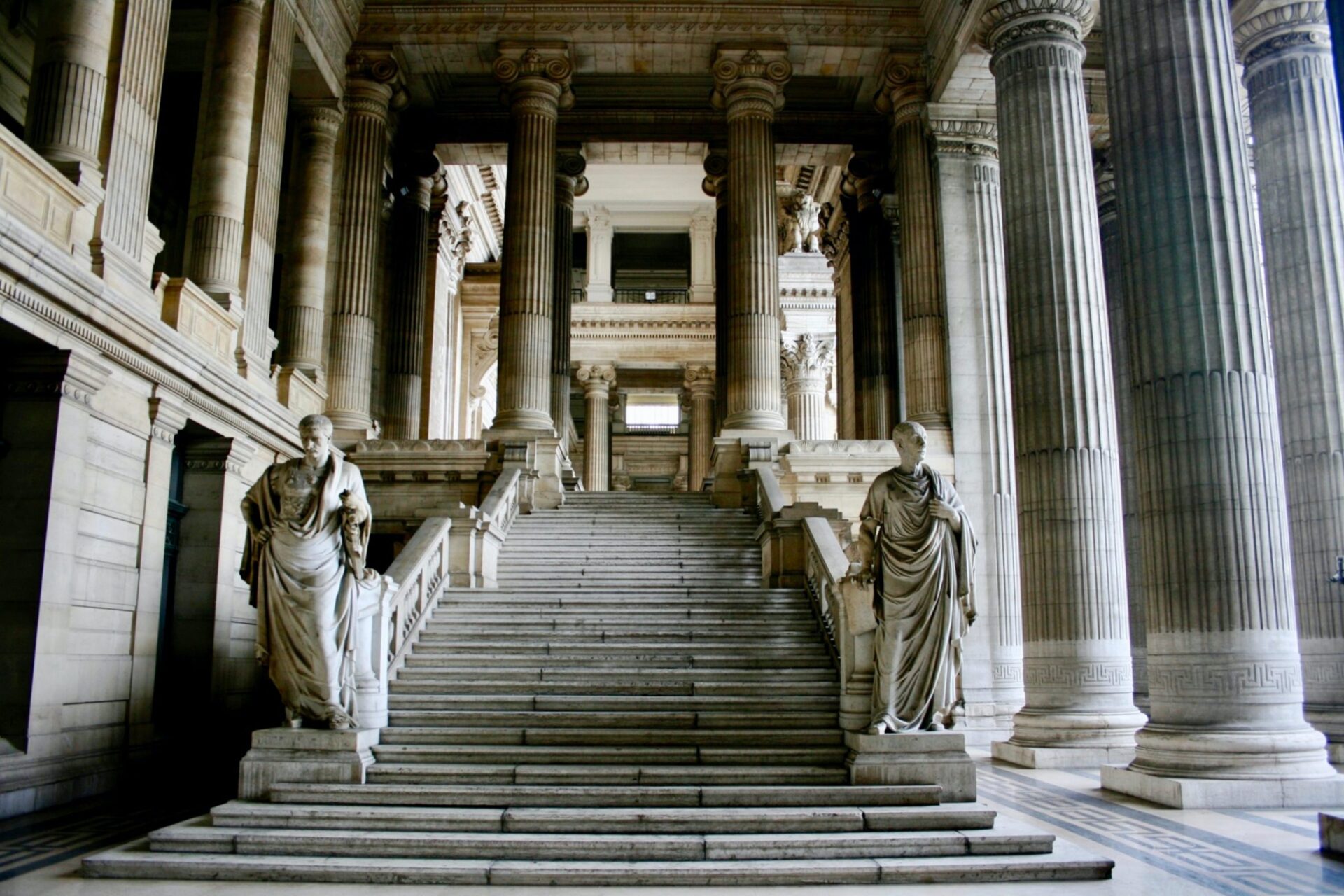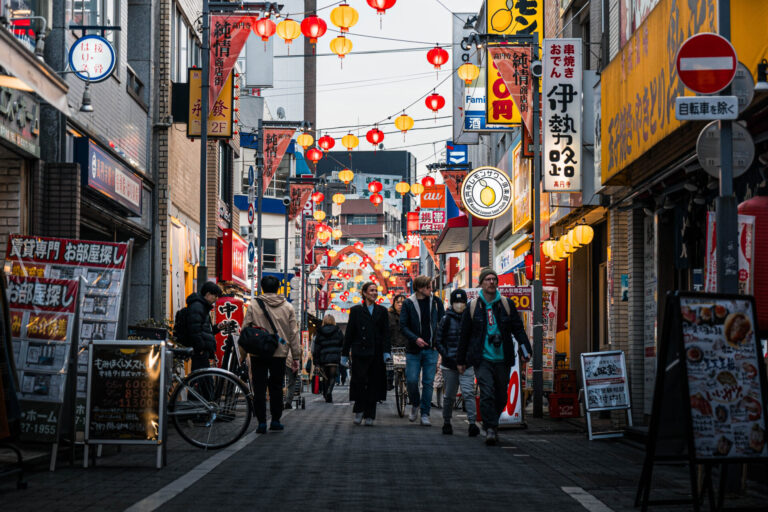Discover the architectural side of Brussels
It’s always hard to begin exploring a big city as Brussels when you’re looking for the most beautiful buildings. Most definitely because Brussels is an architectural treasure map, with so many different styles and even a few buildings that are considered to be UNESCO World Heritage.
We made a list of the most interesting and amazing buildings, mentioning all the beauties like the Art Nouveau style of the Musical Instrument Museum, The Gothic Town Hall and the Neo-Renaissance Galleries of Saint-Hubert!
Page Contents
All architectural gems in Brussels
House of Bellone
Address: Vlaamsesteenweg 46, 1000 Brussels
La Bellone – also known as the House of Performing Arts – is situated in the center of the city, and is dedicated to live arts: theater, dance, opera, circus, performance,..
The building is a courtyard covered by a glass roof, sheltering a baroque facade which was built at the beginning of the 18th century by Jean Cosyn.
Basilica of the Sacred Heart
Address: Elisabeth Park, 1083 Brussels
The Basilica of the Sacred Heart, constructed in the Art Deco style, is 89 meters tall and 167 long: measurements which make it the fifth largest church in the world.
Located in the outskirts of Brussels, in the neighborhood of Koekelberg, the Basilica of the Sacred Heart (Sacré-Coeur Basilica) is an architectural masterpiece from the twentieth century.
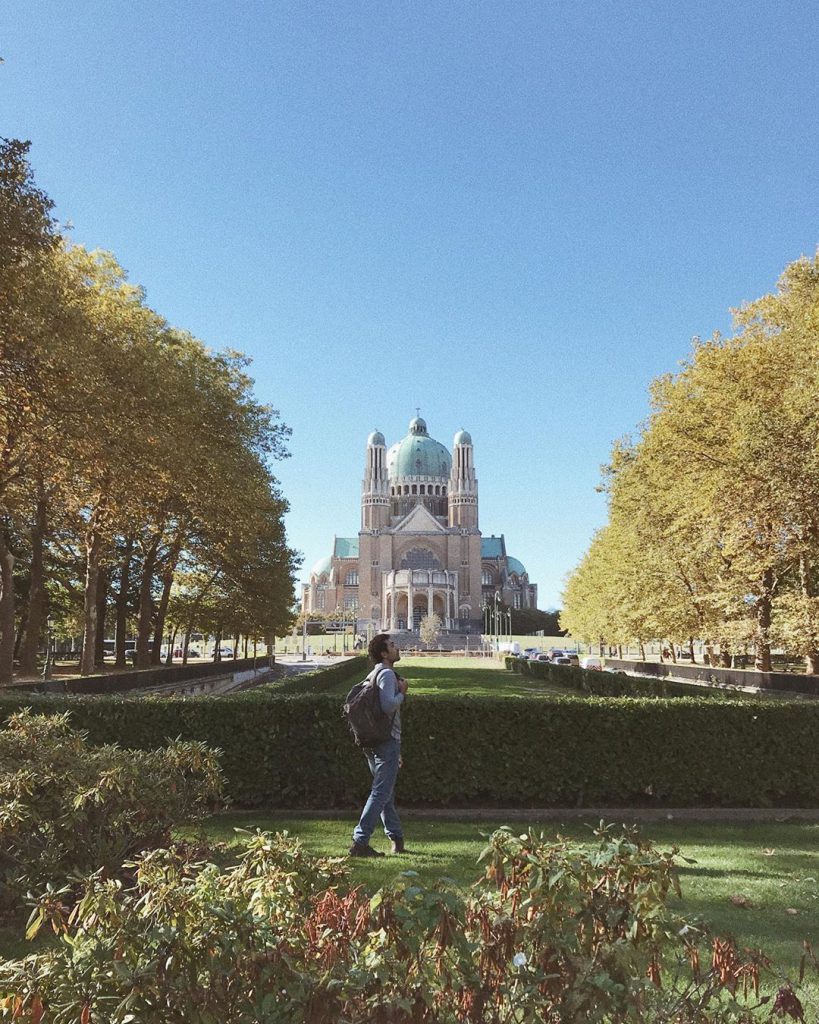
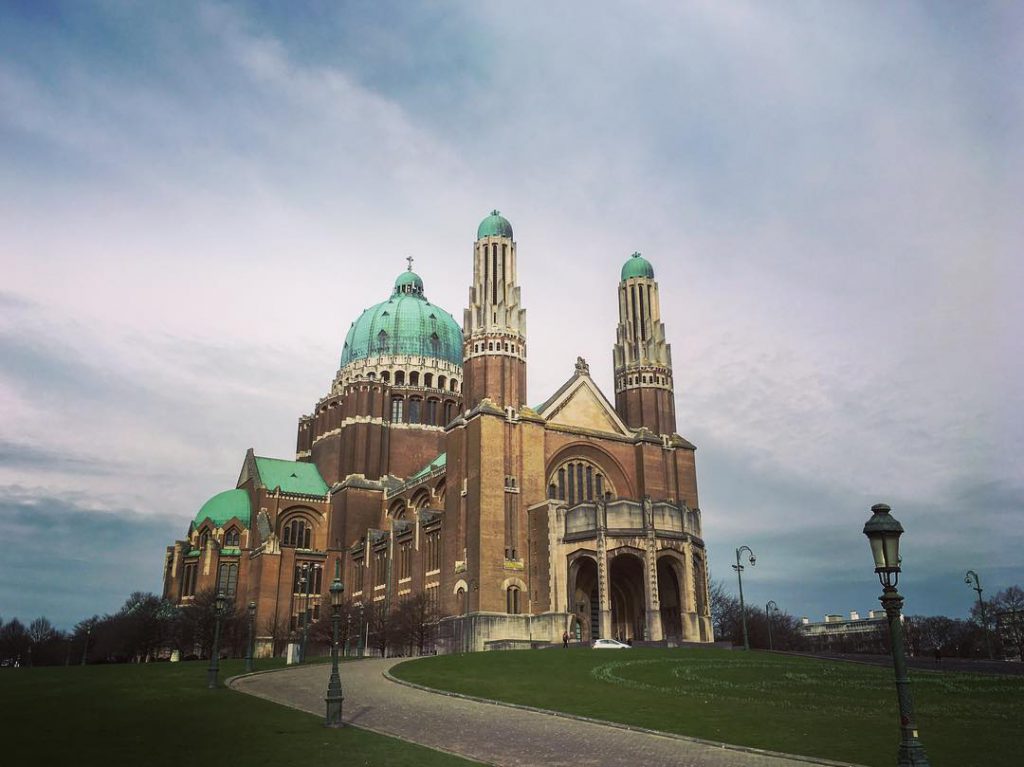
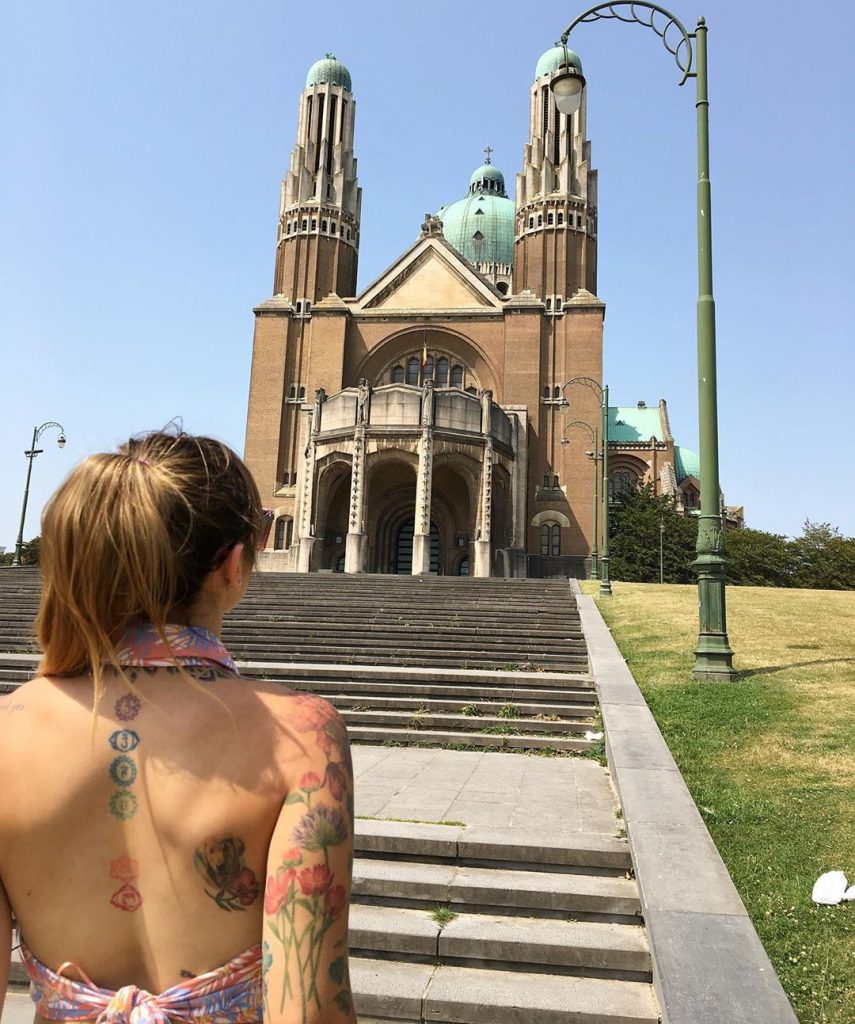
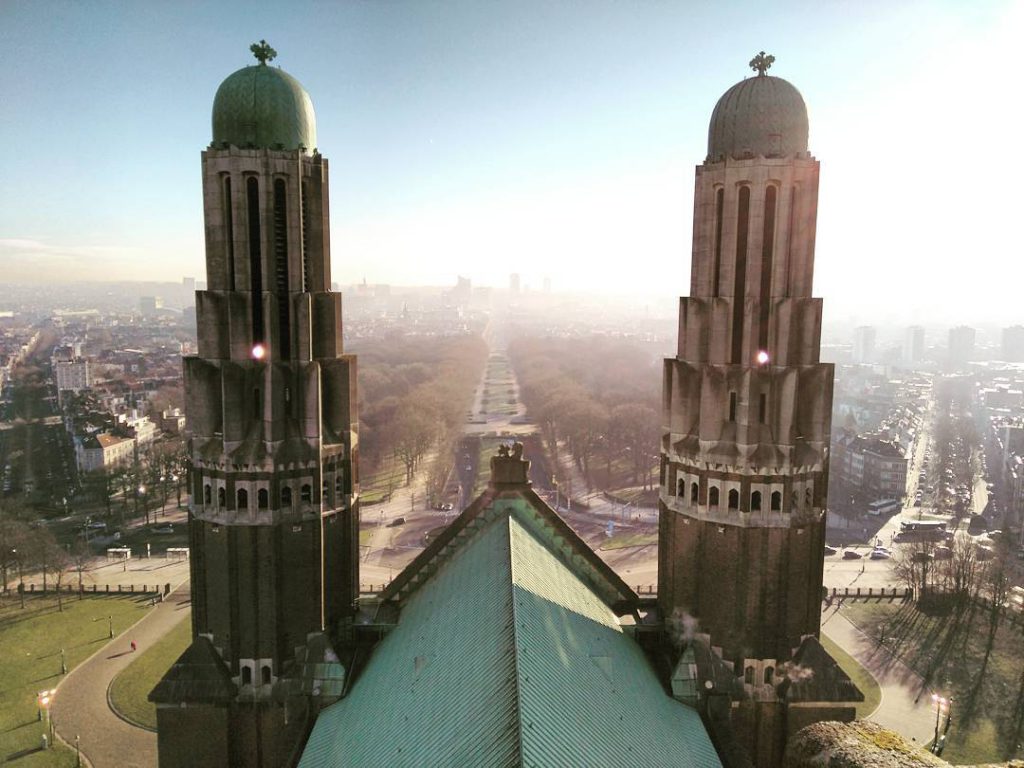
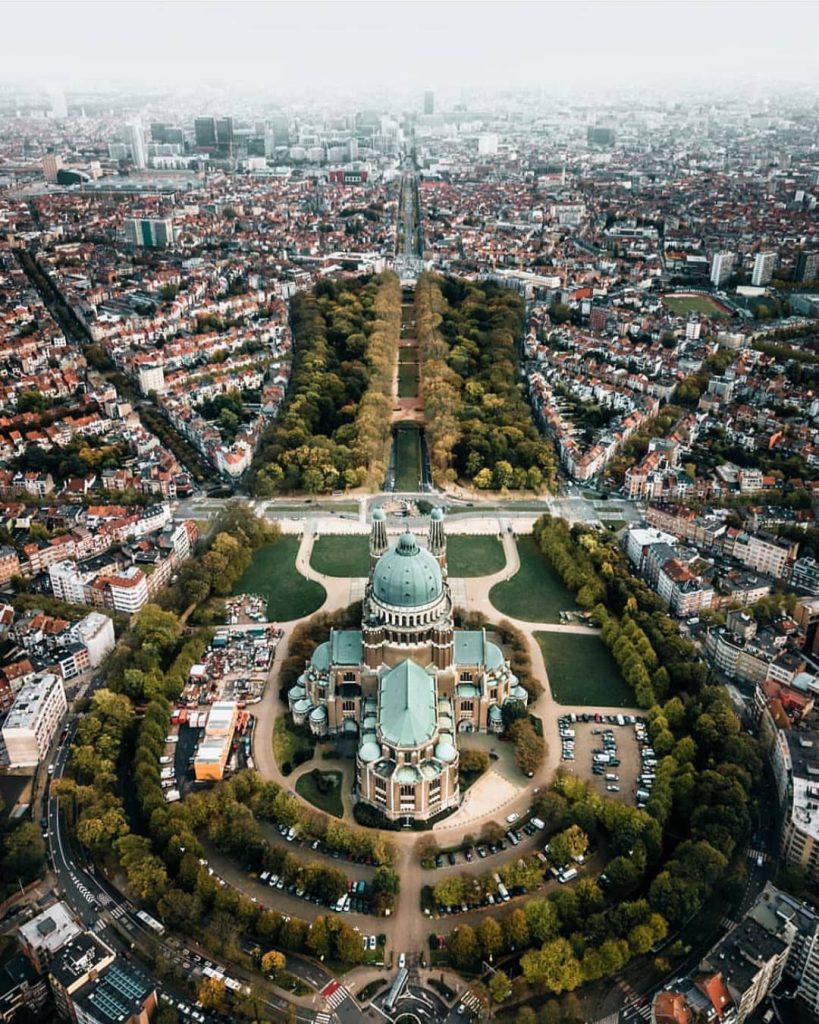
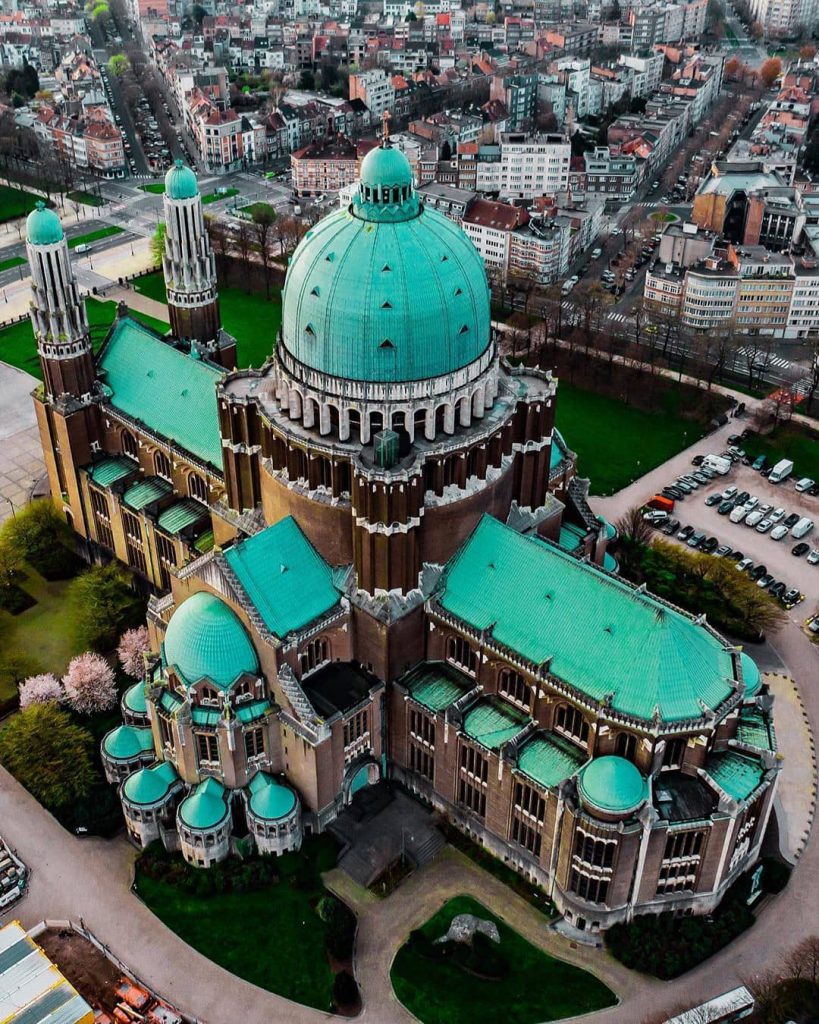
Saint Jacques-sur-Coudenberg
Address: Koningsplein, 1000 Brussels
The Church of St. James on Coudenberg is a neoclassical Roman Catholic church located on the historic Place Royale/Koningsplein in the central of the city.
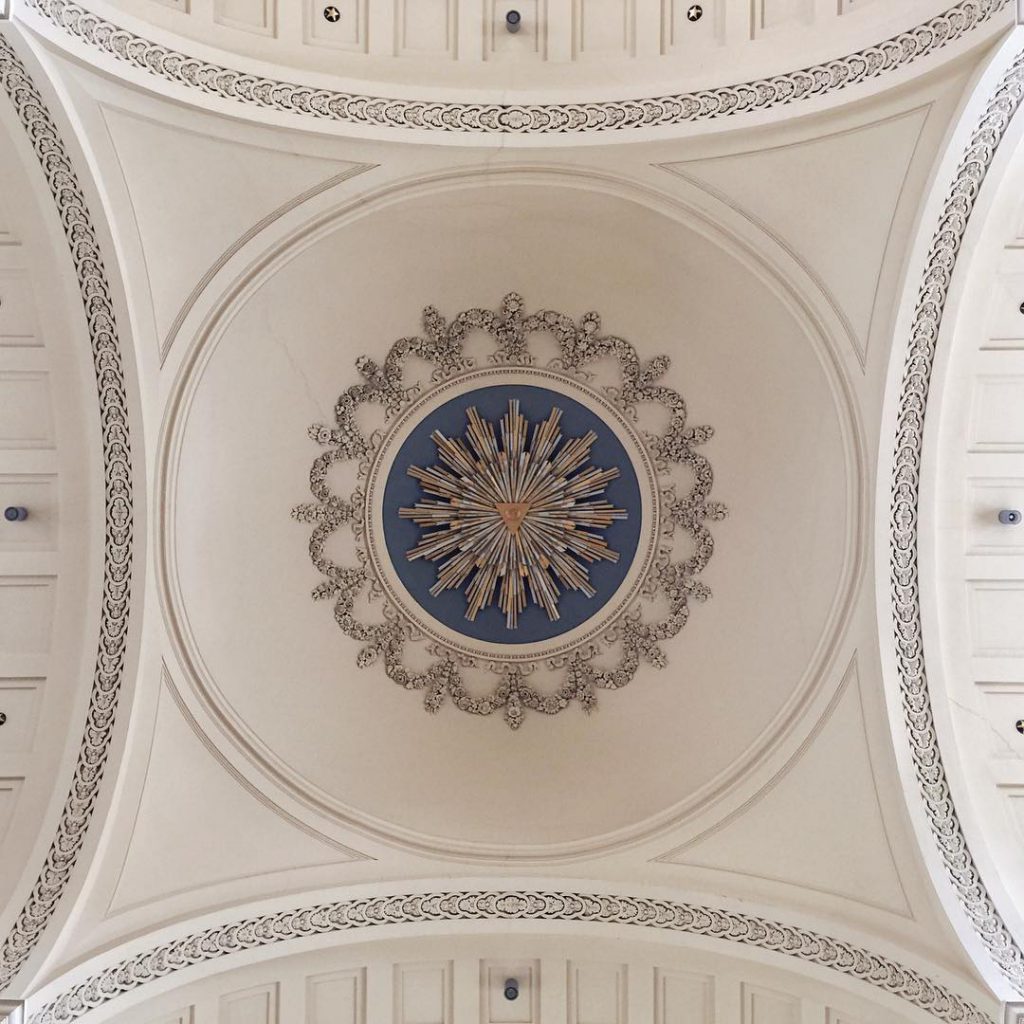
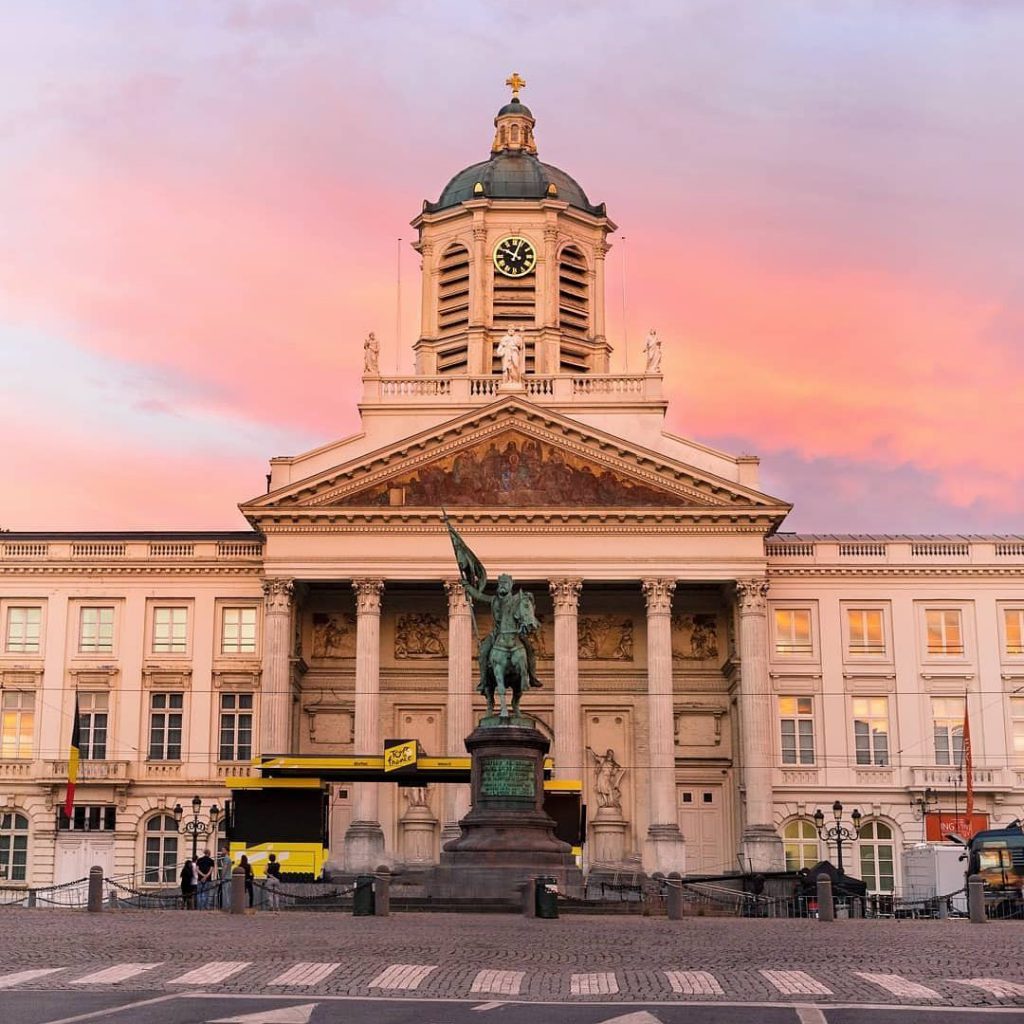
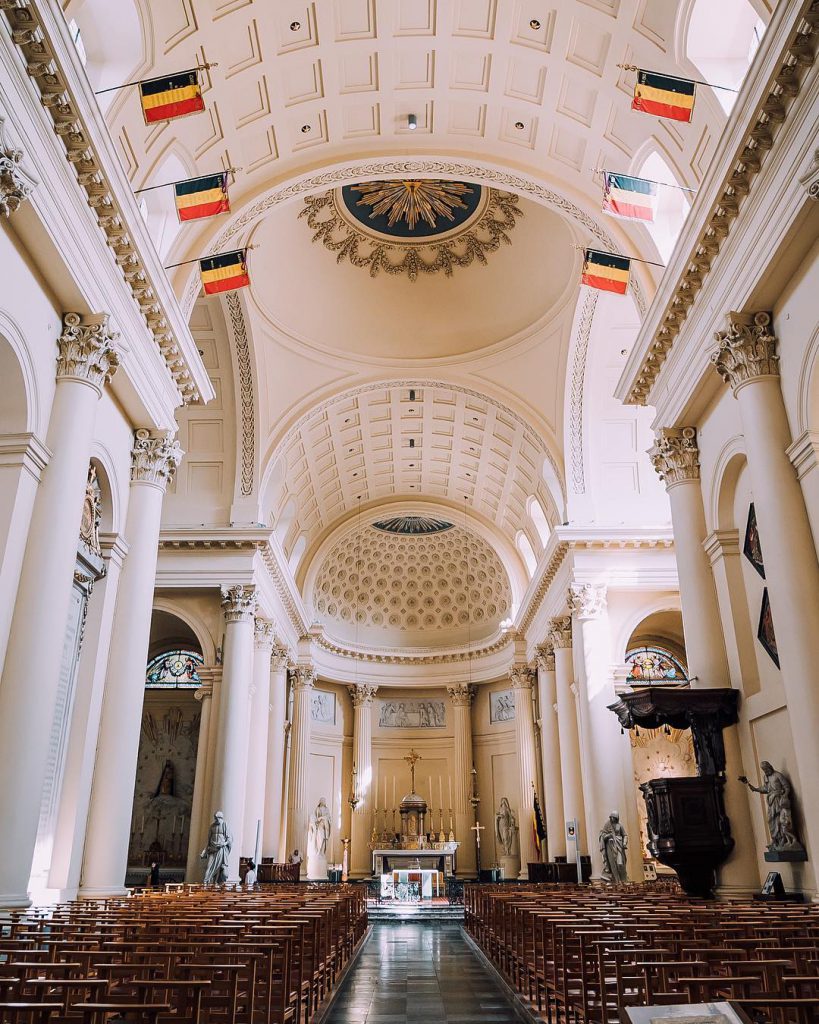
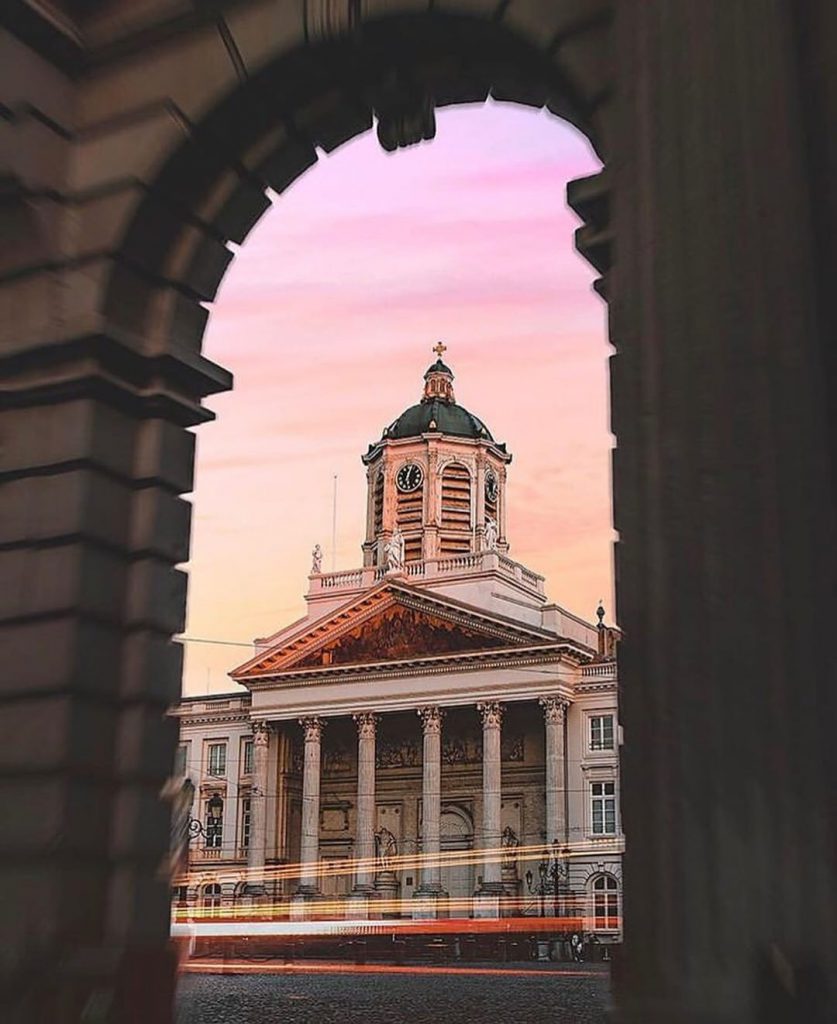
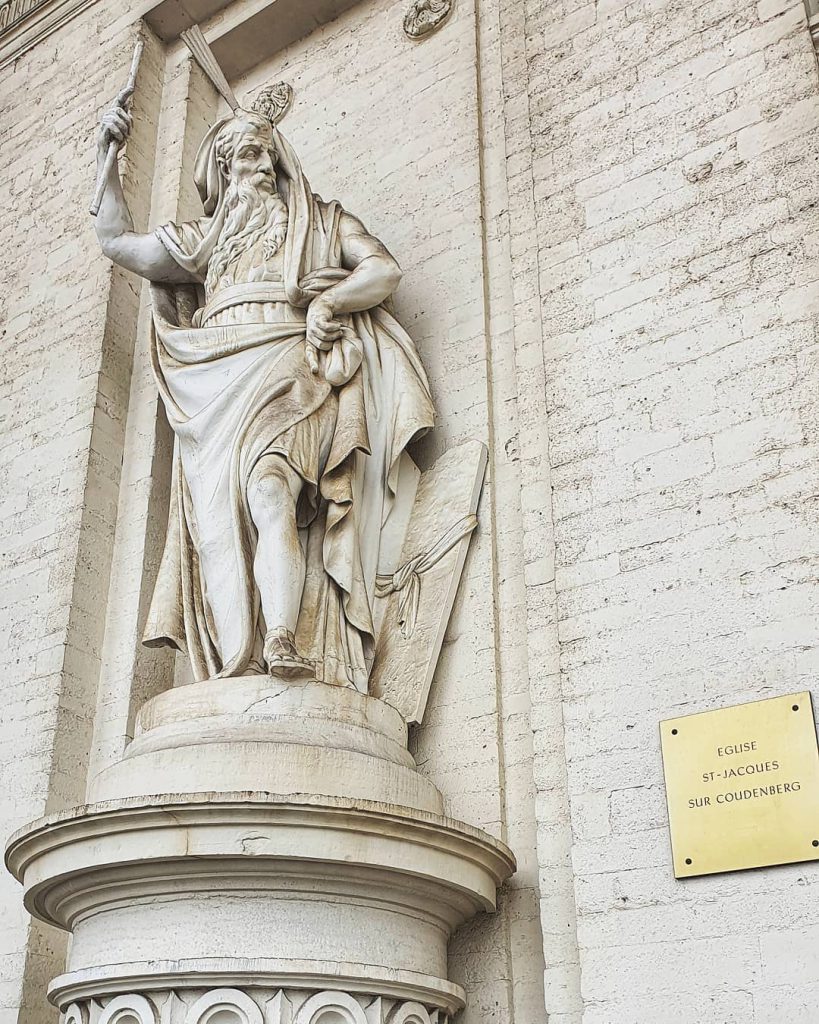
Cathedral of St. Michael and St. Gudula
Address: Sinter-Goedeleplein, 1000 Brussels
The Cathedral of St. Michael and St. Gudula is a medieval Roman Catholic church.
It is consecrated to St. Michael and St. Gudula – the patron saints of the City of Brussels – and is considered to be one of the finest examples of Brabantine Gothic architecture.
Chapel Church
Address: Rue de la Chapelle, 1000 Brussels
Remarkable due to its Romanesque and Romanesque-Gothic architecture, it is one of the most interesting in Belgium. One of its chapels is devoted to the memory of Pieter Bruegel the Elder and his wife, Marie Coucke.
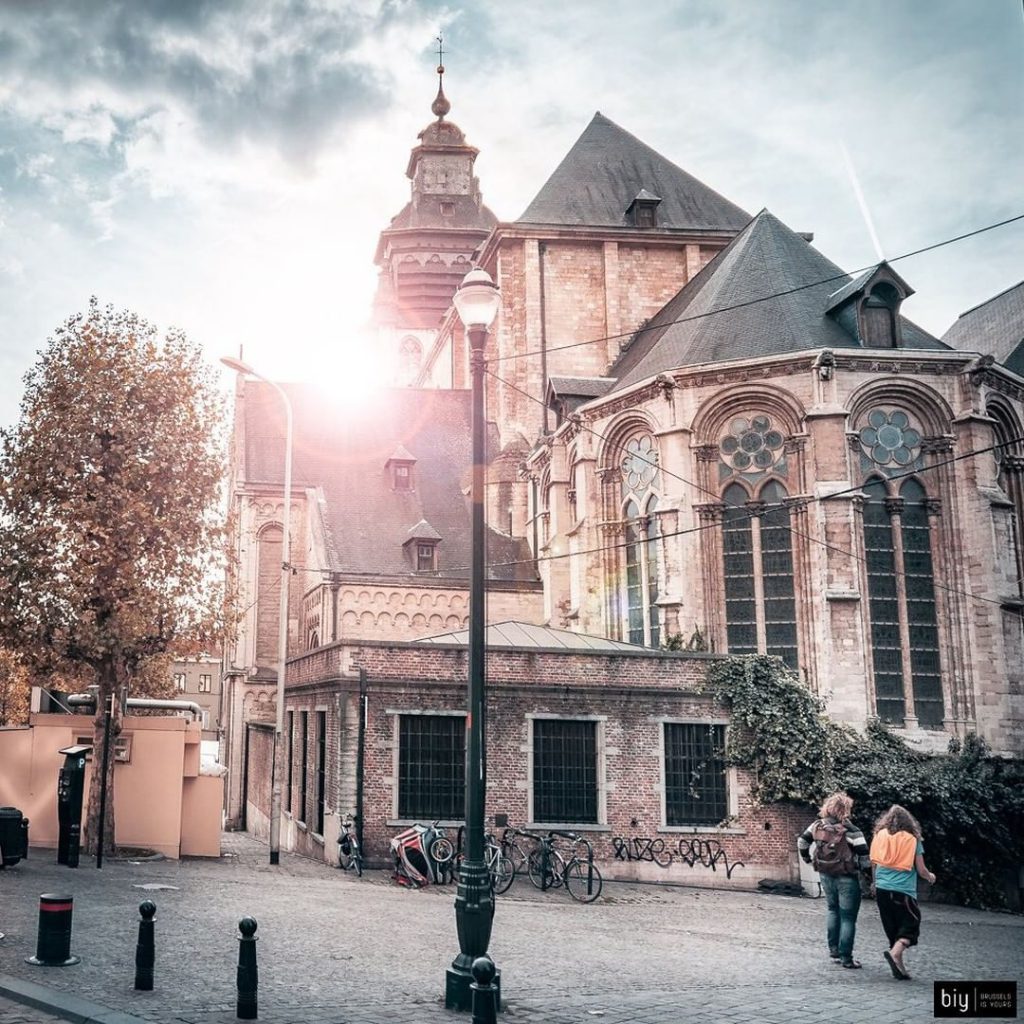
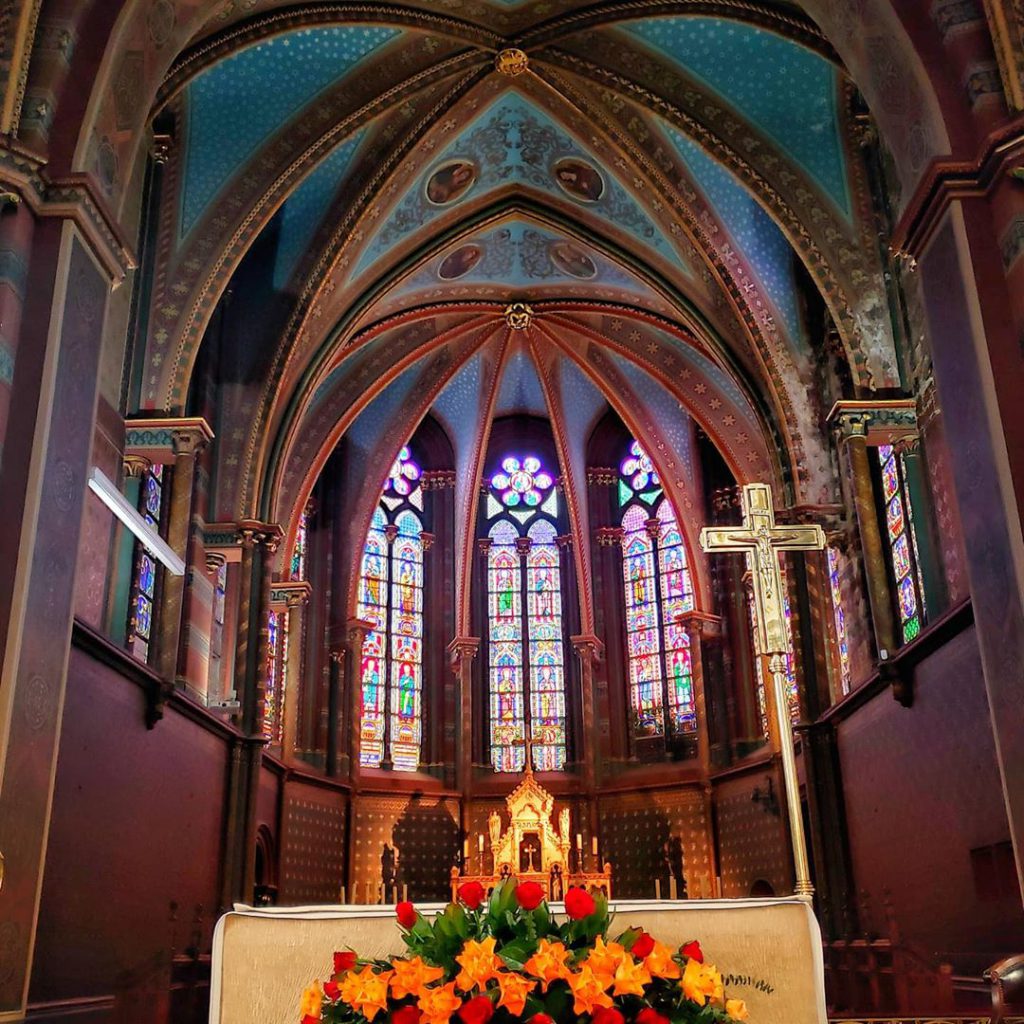
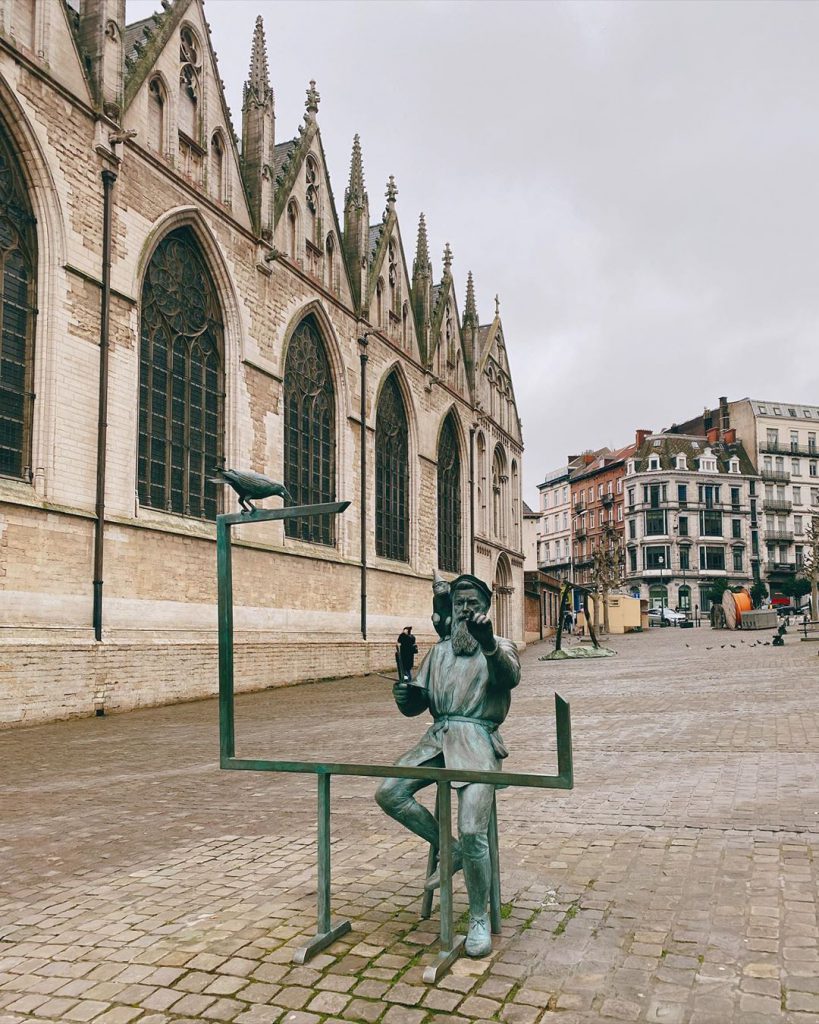
Halle Gate
Address: Boulevard du Midi 150, 1060 Saint-Gilles
The Halle Gate is a medieval fortified city gate and the last vestige of the second walls of Brussels.
It is now a museum, part of the Royal Museums of Art and History (RMAH).
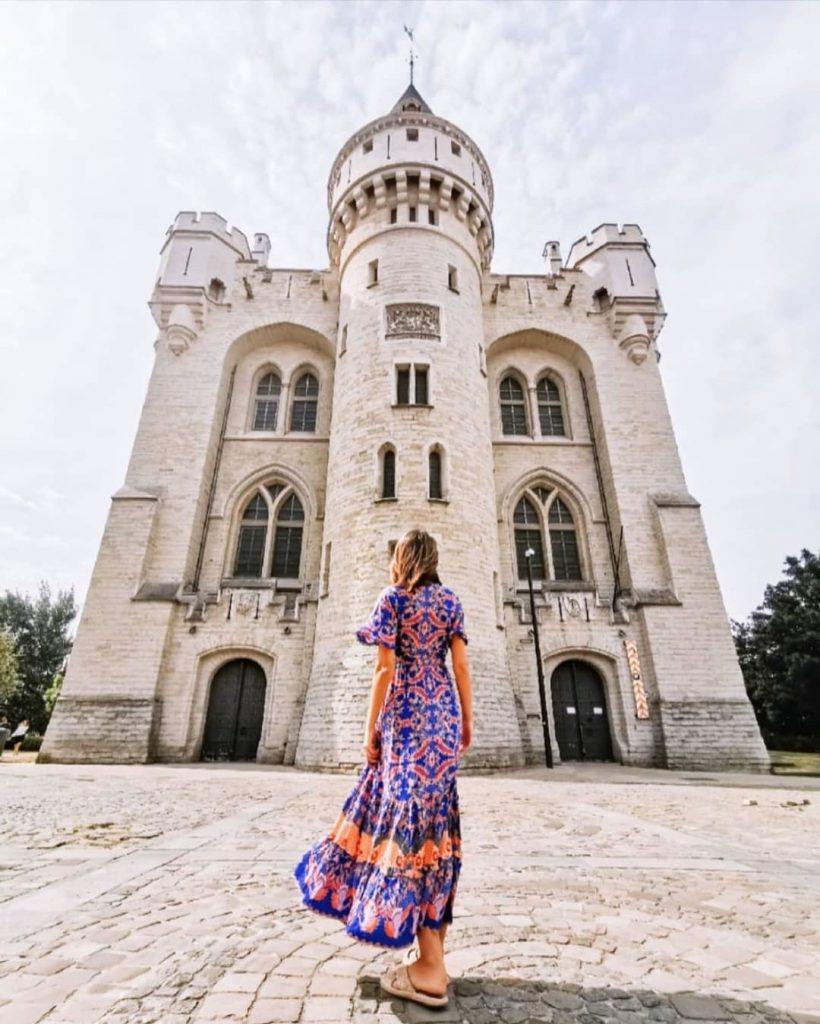
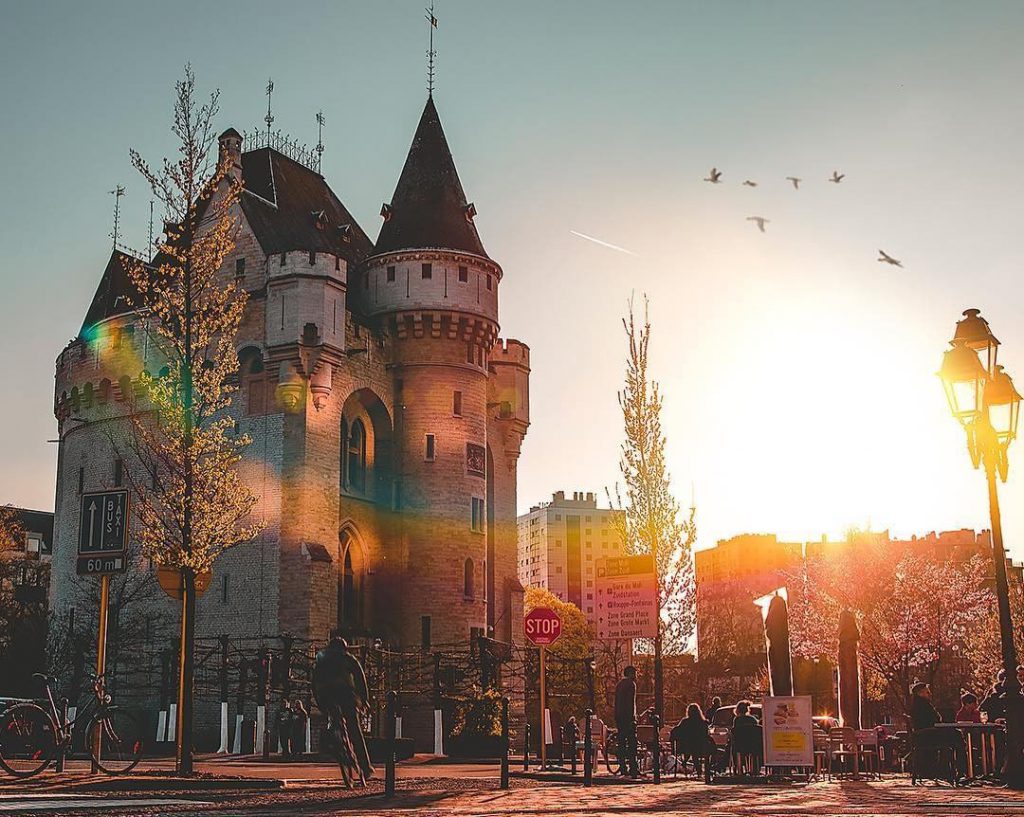
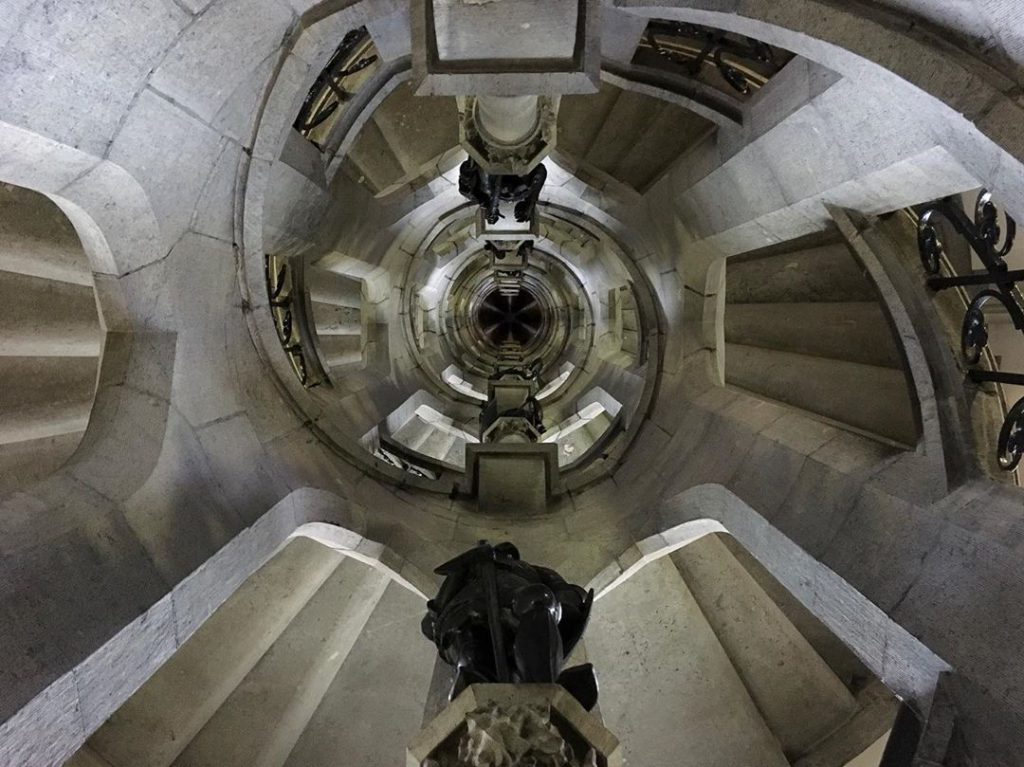
Eglise Notre-Dame de Laeken
Address: Parvis Notre-Dame, 1020 Laeken
Constructed in the 19th century and dedicated to Louise-Marie, first Queen of the Belgians, it contains the Royal Crypt.
The choir of the original 13th century church is in early Gothic style and is in the cemetery where numerous well-known personalities are buried.
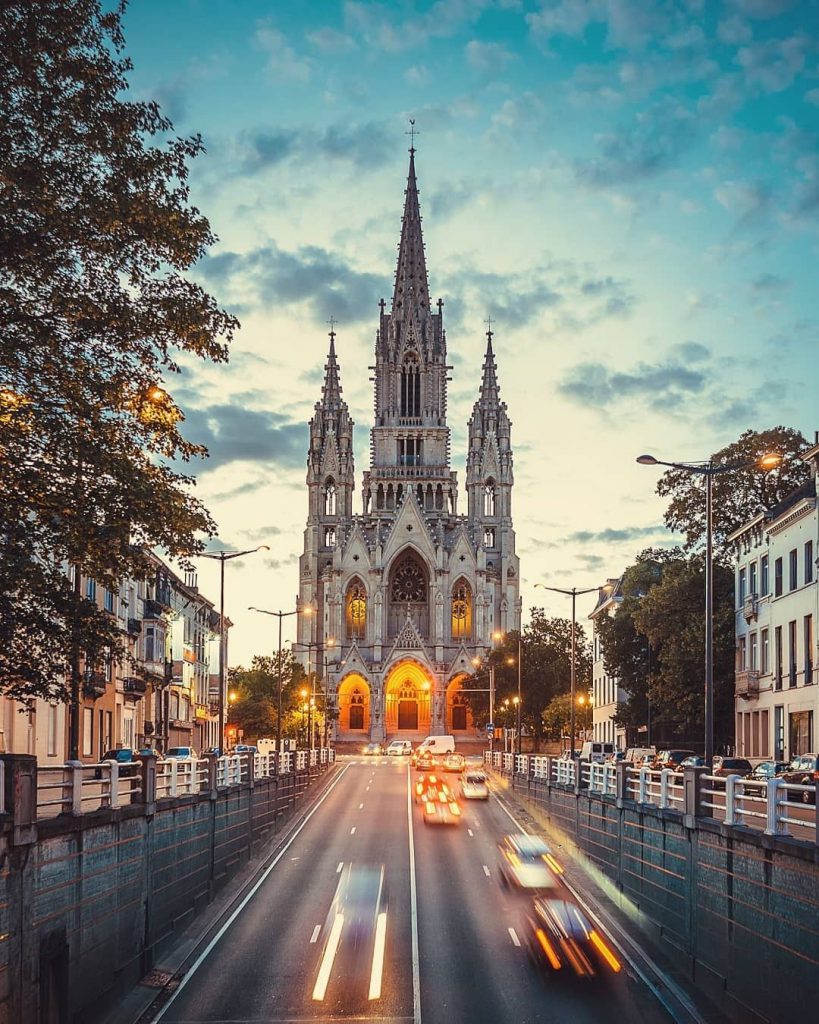
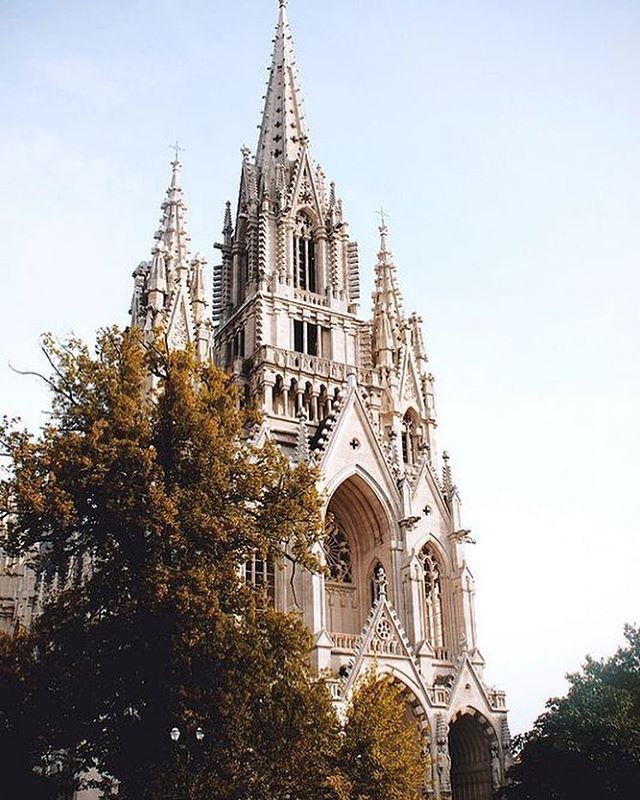
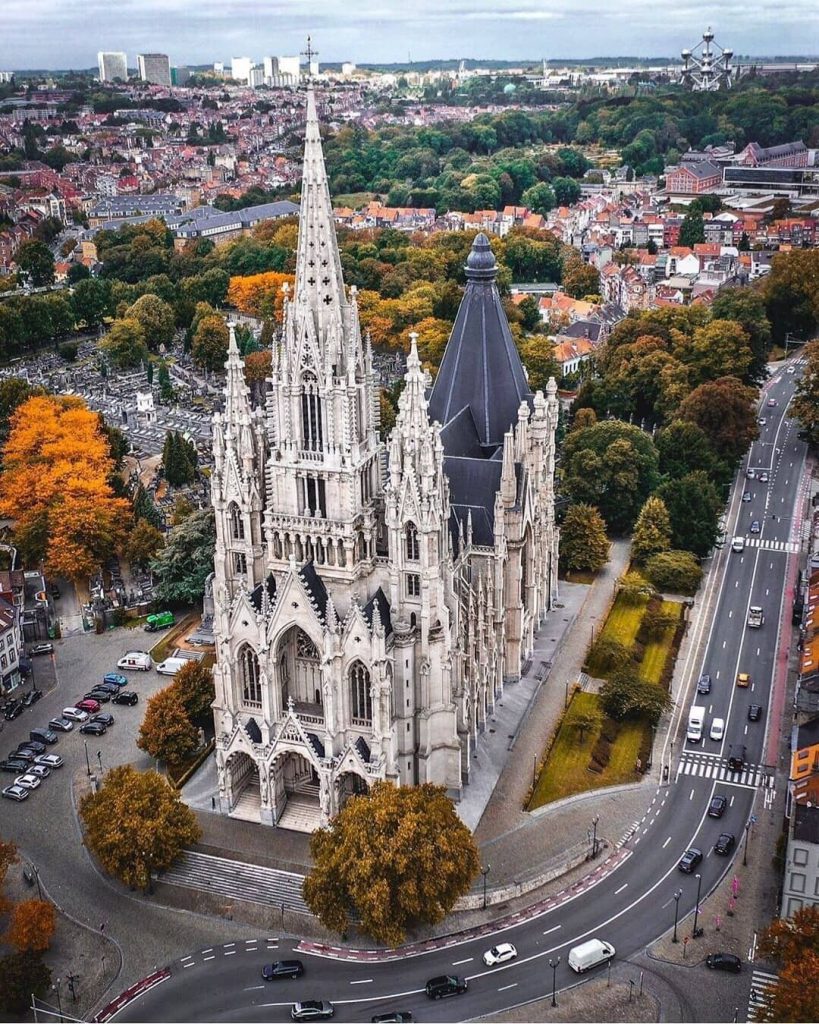
Place de la Bourse
Address: Beursplein, 1000 Brussels
The Place de la Bourse – literally to “Stock Exchange Square” – is a major square. The former Stock Exchange building is located on this square.
The Royal Theatre of La Monnaie
Address: Munt, 1000 Brussels
Of all the buildings in Brussels, none has witnessed the joys, sorrows and even the beginning of the nation quite like La Monnaie has. It’s a cultural institution where visitors can enjoy theater and music, but it’s also a place where you can touch a still relevant piece of Belgium’s history.
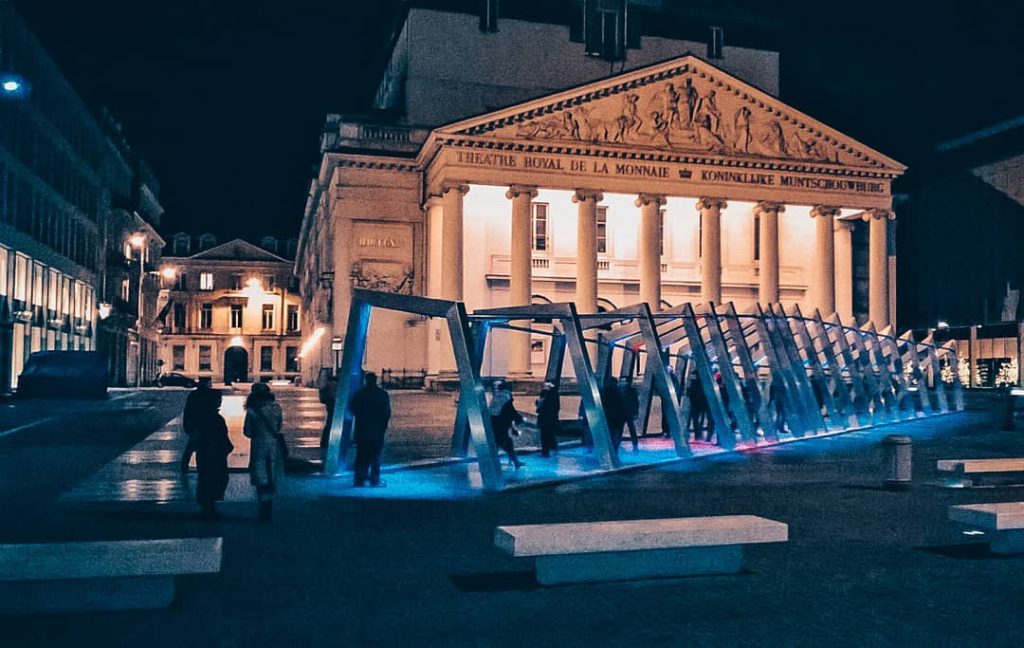
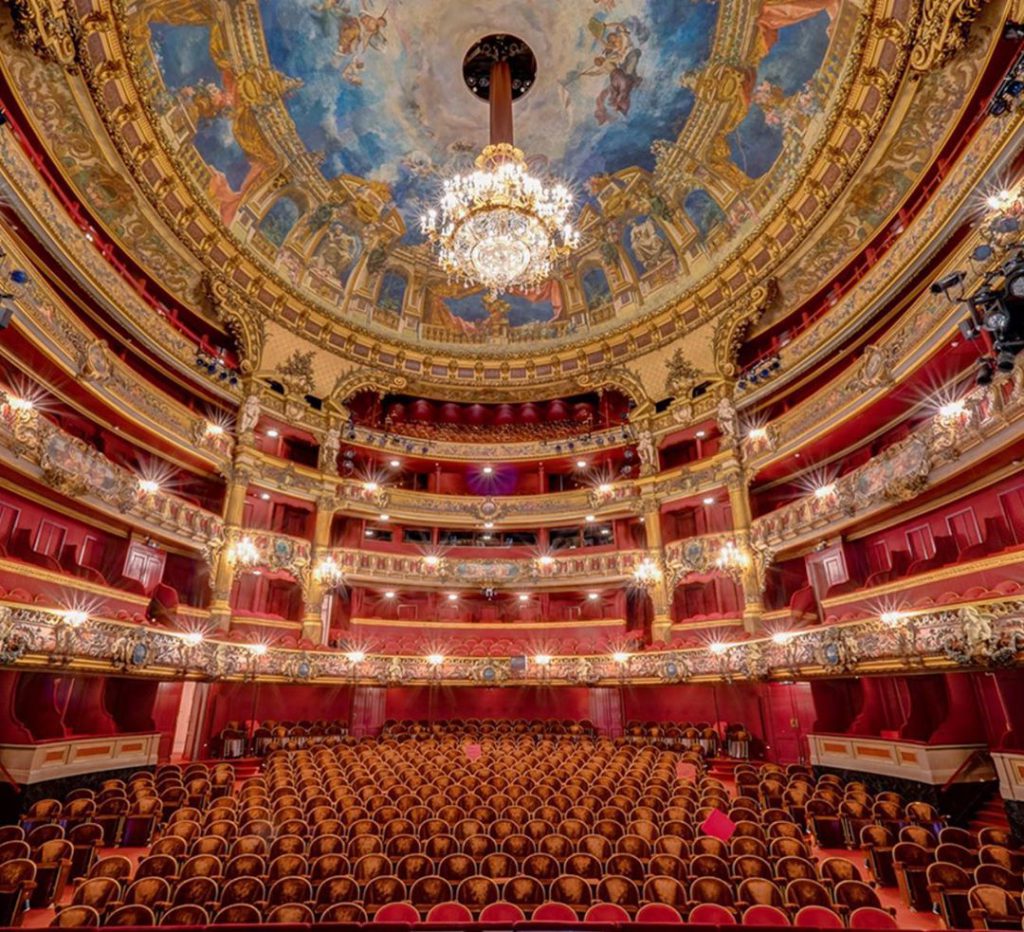
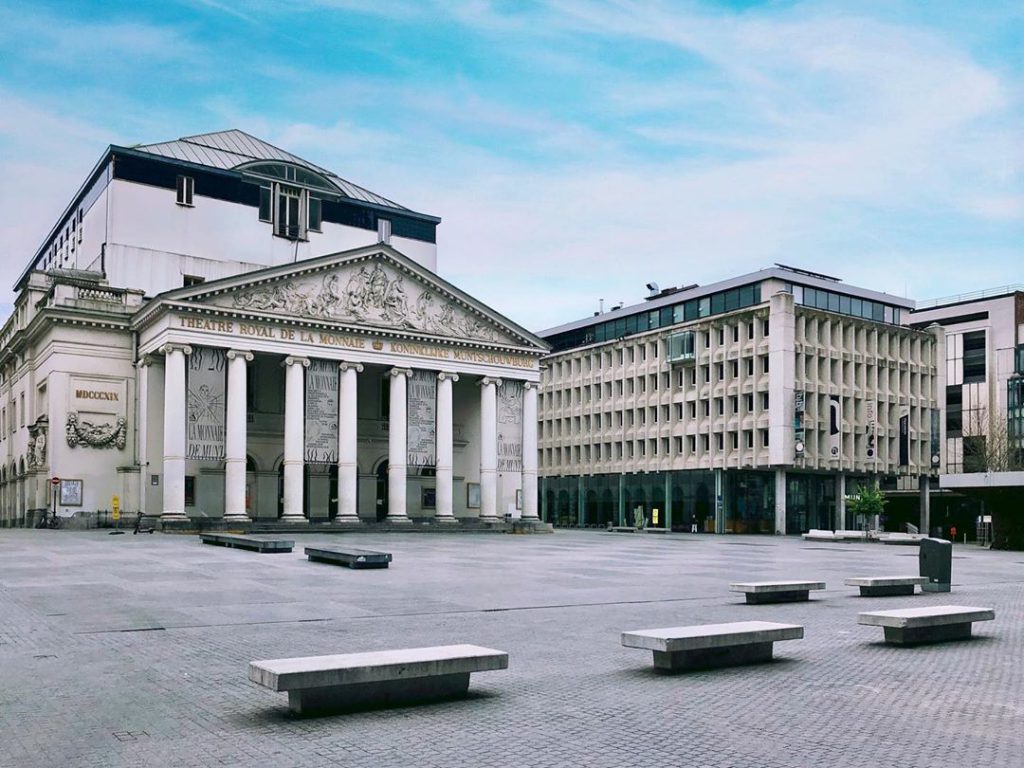
Pannenhuis metro station
Address: Charles Demeerstraat, Laeken
The Pannenhuis Metro Station is one of the metro stations on line 6 of the Brussels Metro and was opened in 1982.
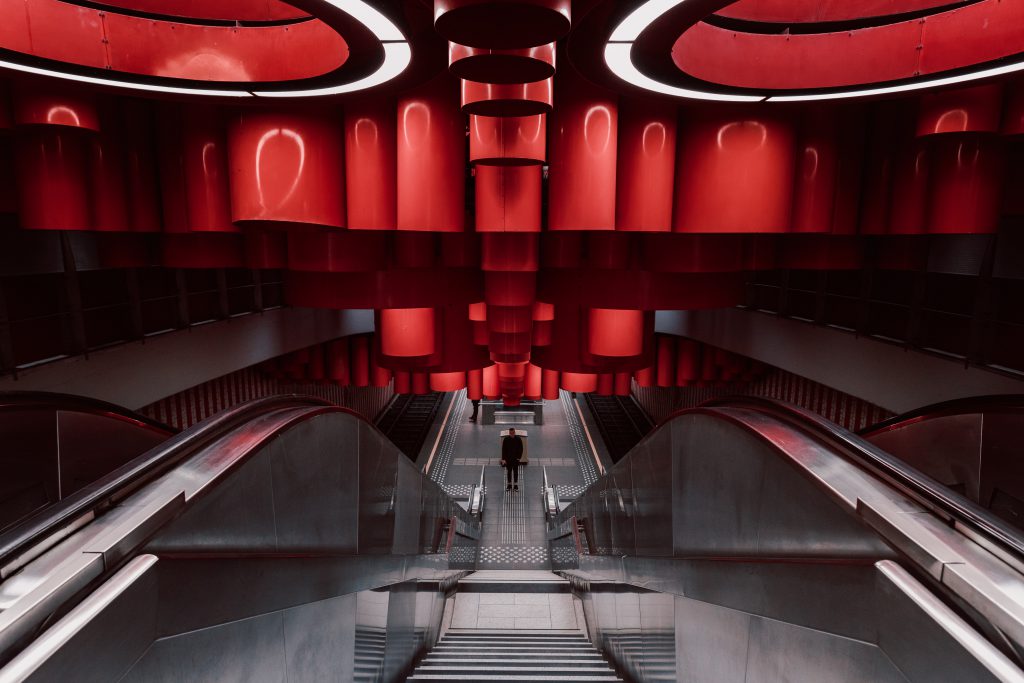
Atomium
Address: Atomiumsquare, 1020 Brussels
The Atomium is an archutectural landmark, originally constructed for the 1958 Brussels World Expo. It is located on the Heysel Plateau, where the exhibition took place and now it functions as a museum.
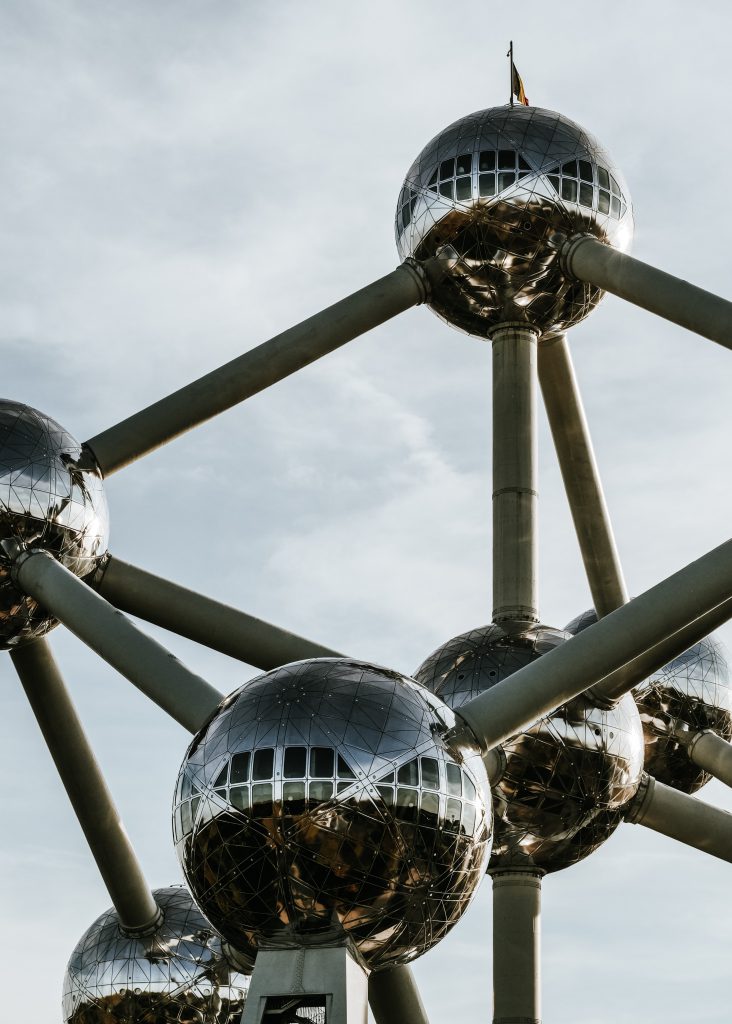
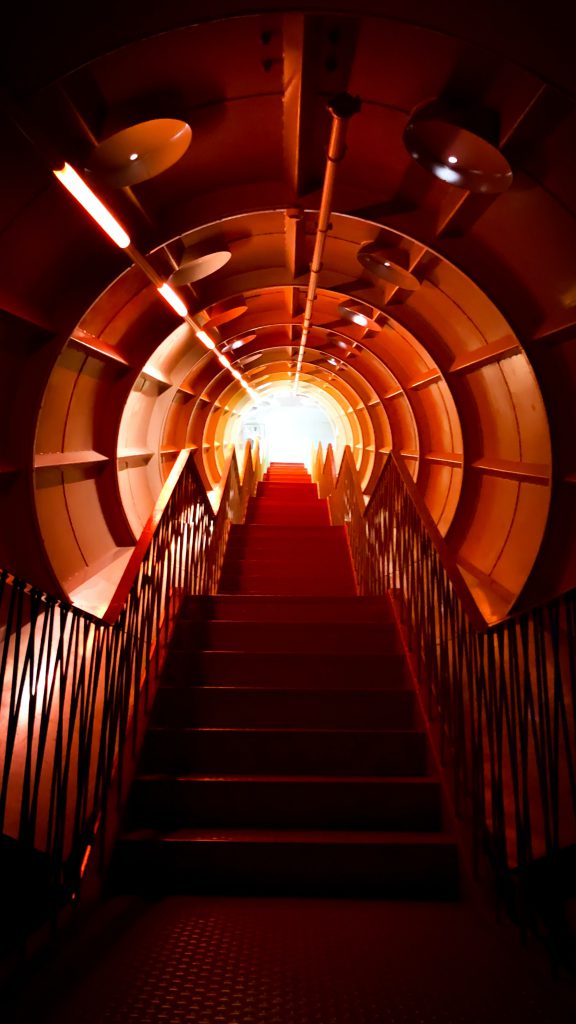
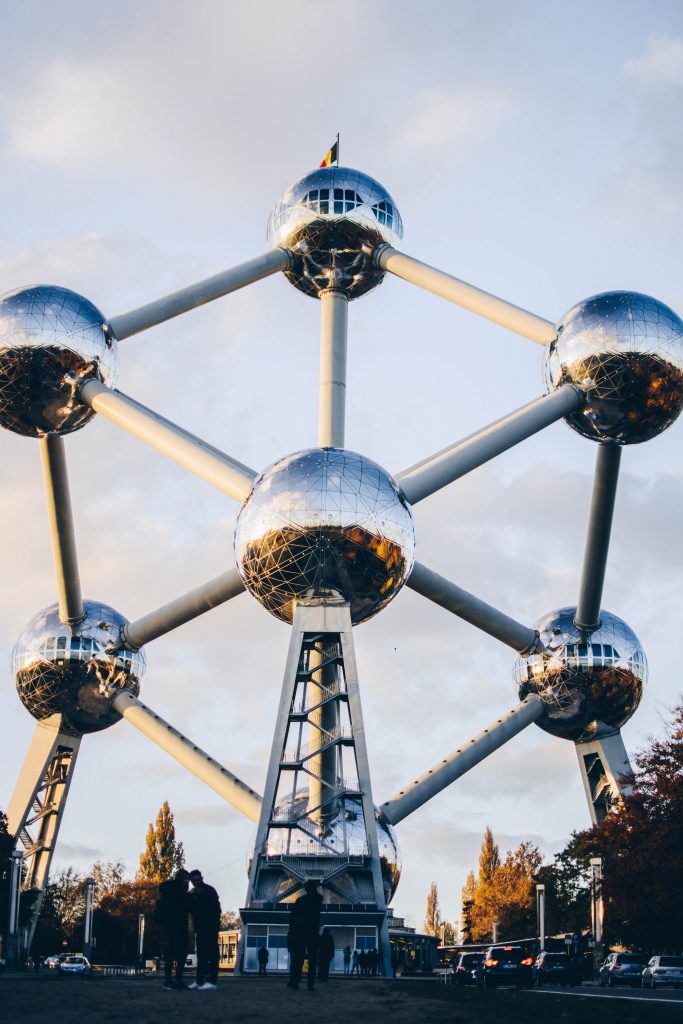
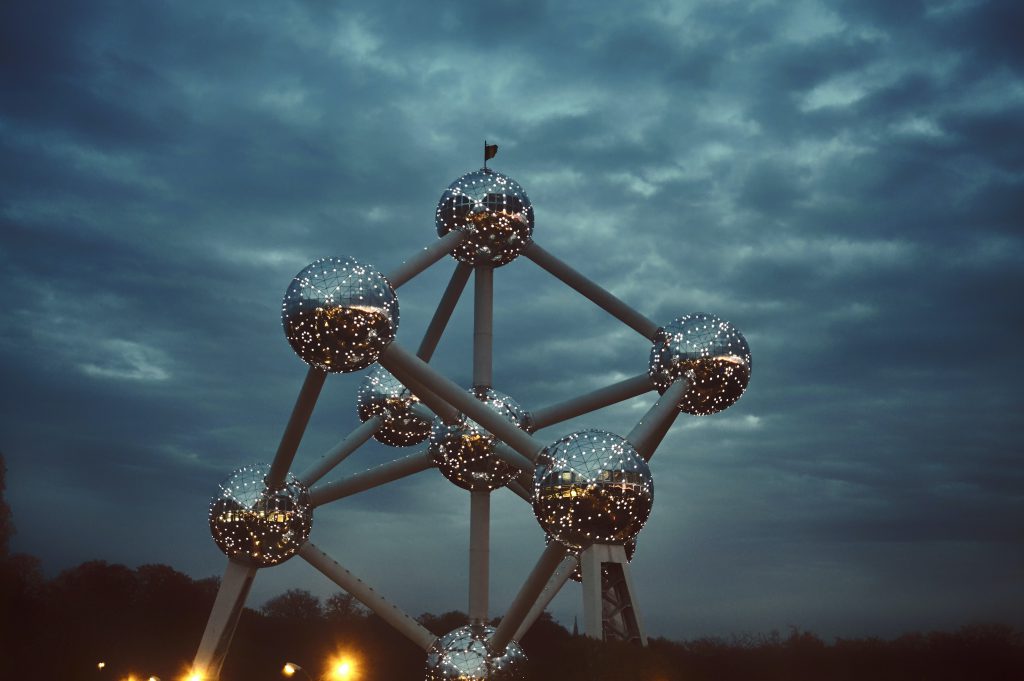
Stoclet Palace
Address: Stocletpaleis, 1150 Brussels
The Stoclet Palace is considered to be one of the best architectural masterpieces in Brussels. However, this Art Nouveau villa, built by several established artists, has one setback – the palace is deemed private property under the jurisdiction of its heirs, meaning it is closed to the public. While the Stoclet family wants people to keep a distance from their home, at least individuals can appreciate the view.
The villa became a UNESCO World Heritage Site in 2009.
Villa Empain
Address: Avenue Franklin Roosevelt 67, Brussels
Villa Empain is one of the most impressive and emblematic architectural buildings of Brussels.
It’s a private house in the Art Deco style built in 1930–1934 by Swiss architect Michel Polak. It was commissioned by Baron Louis Empain – son of the Belgian industrialist Édouard Empain. Since its restoration in 2009–2011, it has been open to the public.
Villa Empain is currently being owned by the Boghossian family, and is the host to multiple cultural events: from lunch time political conference to art fair.
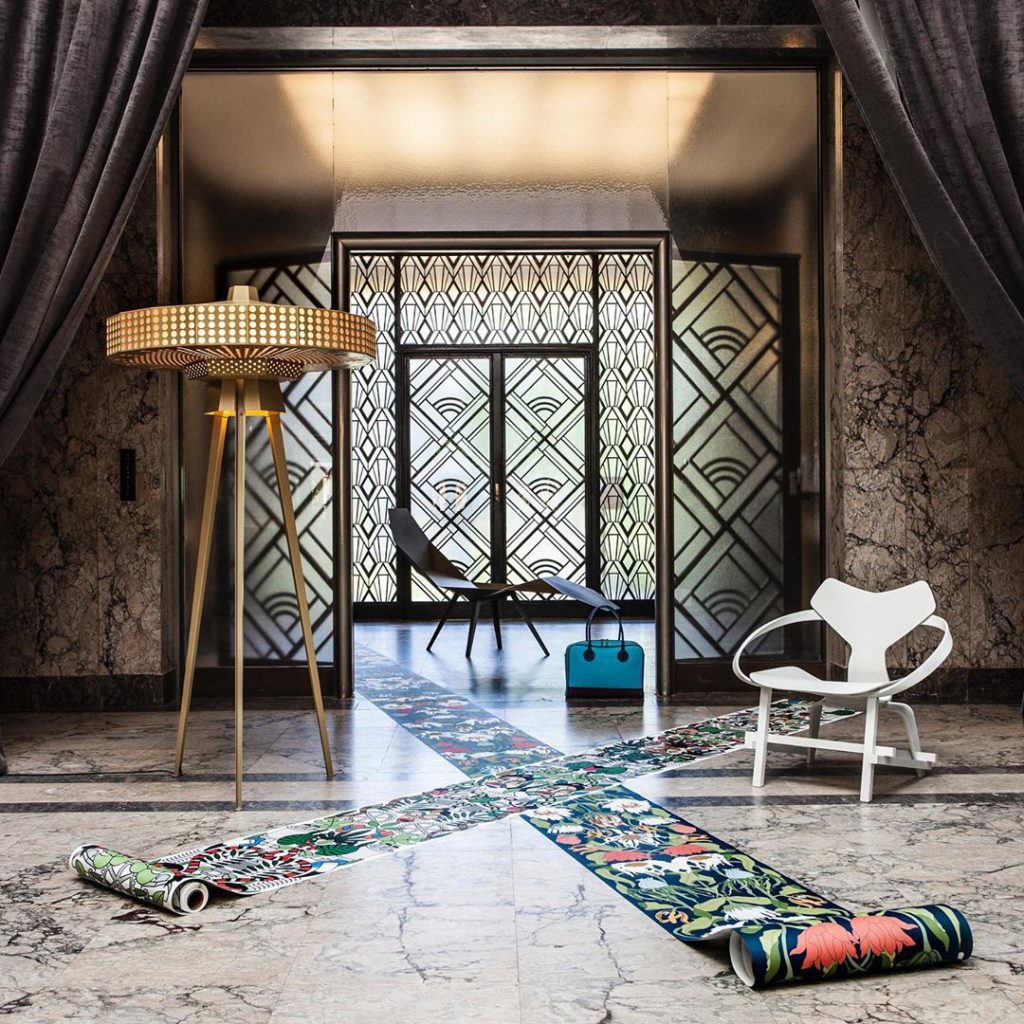
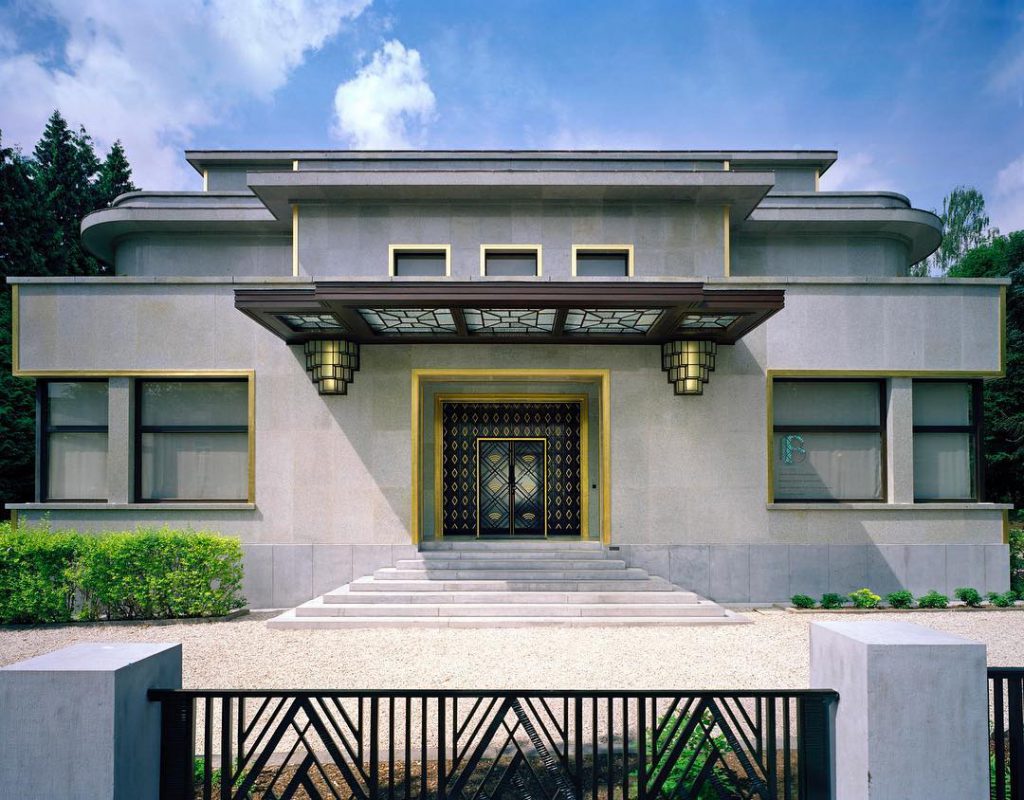
Grand Place
Address: Grand Palace, 1000 Brussels
The Grand Place is the most important tourist destination and most memorable landmark in Brussels. It is also considered as one of the most beautiful squares in Europe, and has been a UNESCO World Heritage Site since 1998.
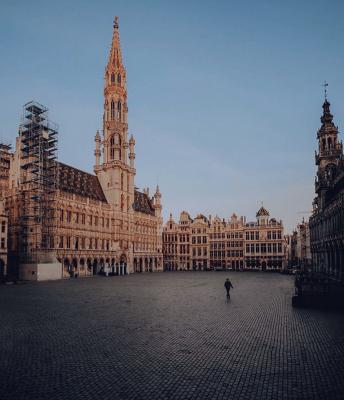
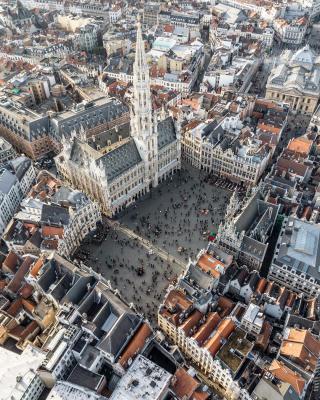
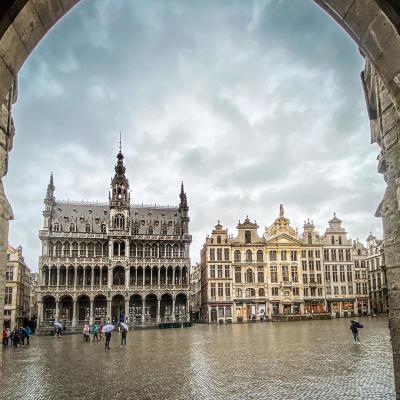
Apple Store
Address: Avenue de la Toison d’Or 26/28, Brussels
Brussels Apple Store is truly beautiful – the glass panels are up to 8 meters high and took a lot of technique and be able to design them and places. Apple wanted to create A new way linking the store with his surroundings.
Council of the European Union
Address: Wetstraat 175, 1000 Brussels
The Council of the European Union houses the Council of Europe member states and other offices. The building is a huge complex, which is quite interesting as well.
Tip: Best to make arrangements days in advance, so you’re able to actually enter the building.
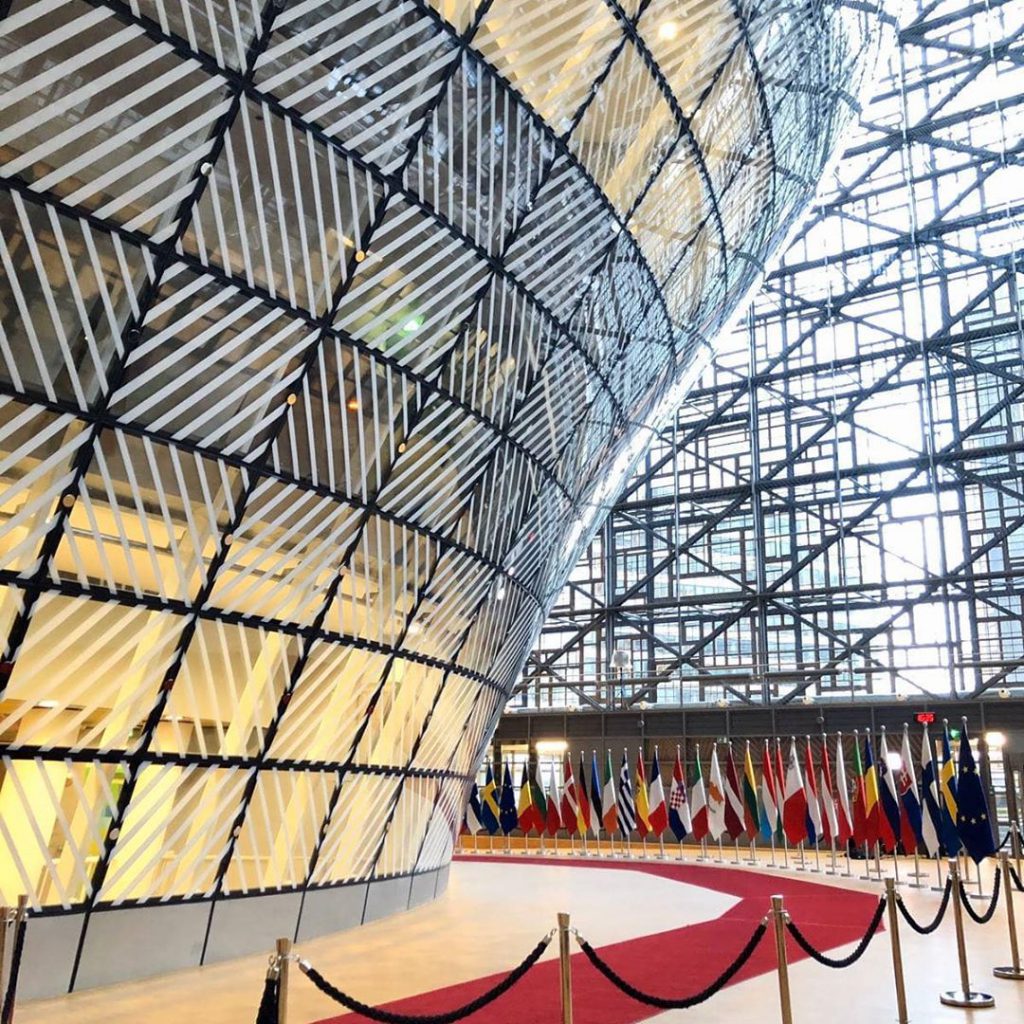
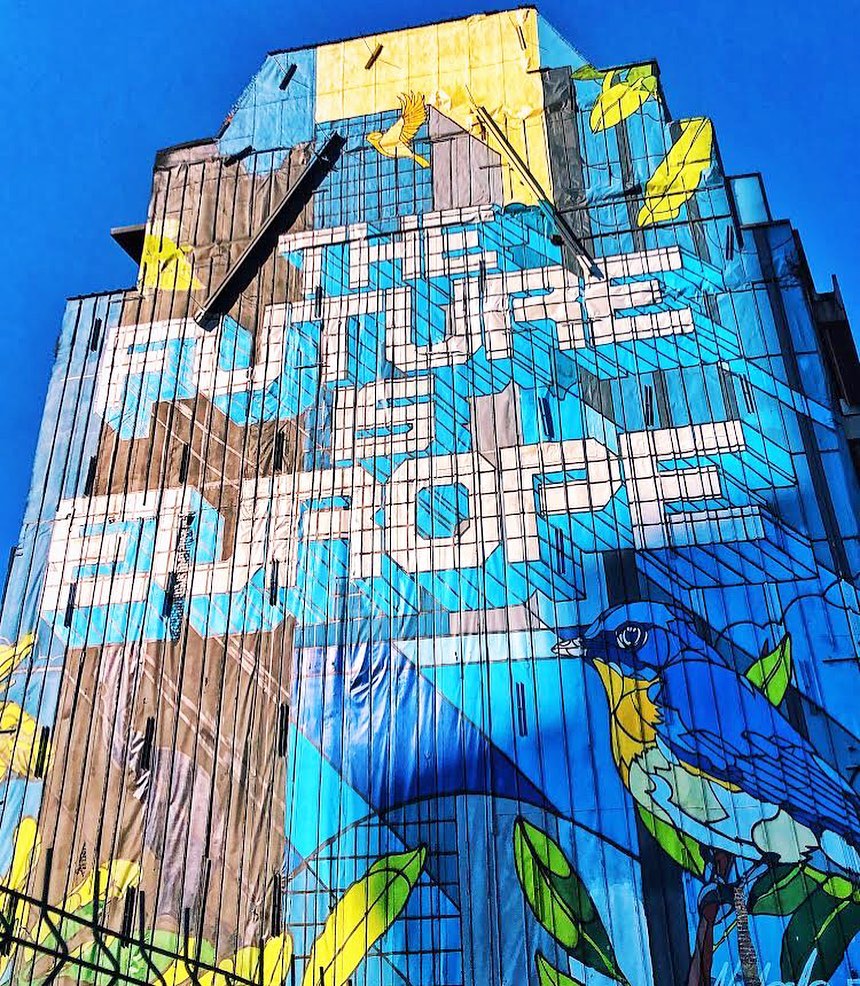
Palace of Justice of Brussels
Address: Poelaertplein 1, 1000 Brussels
Le Palais de Justice (The Palace of Justice) is one of the largest and most impressive buildings in the whole of Europe. It is currently still the most important court building in Belgium. Due to its cheer size (a total ground surface of 26,000 m²) and its location on the high Town of Brussels, the building is visible from most parts of the town.
Belgium’s most important courthouse has been the butt of jokes for decades, because it has been covered with scaffolds since 1983.
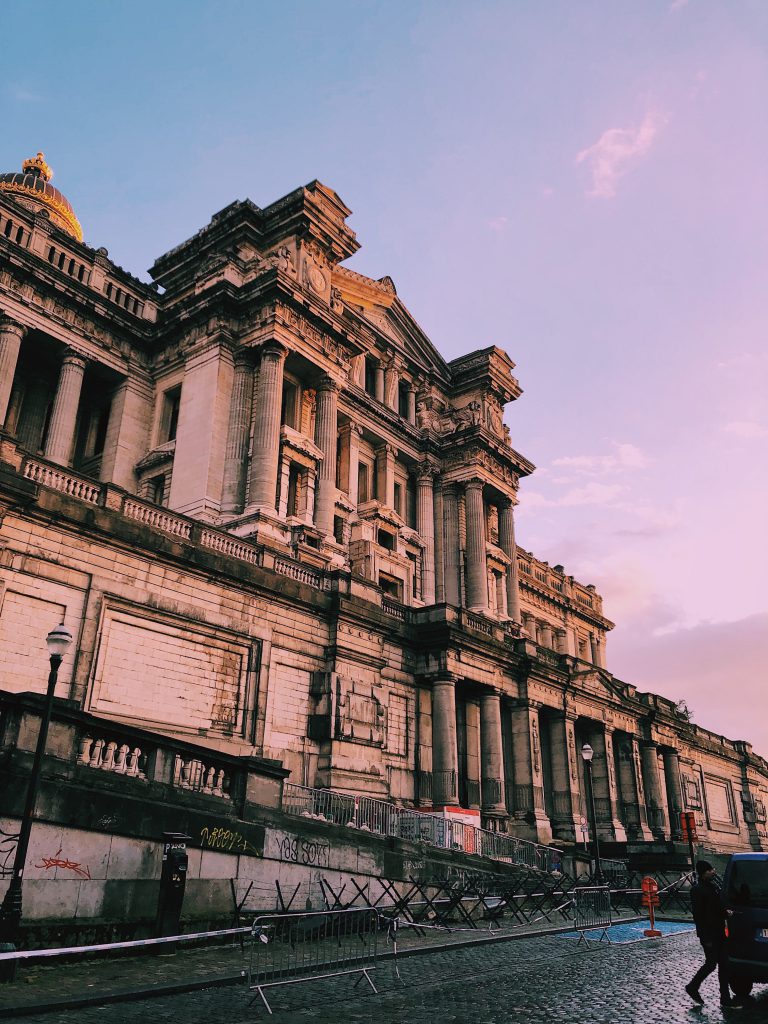
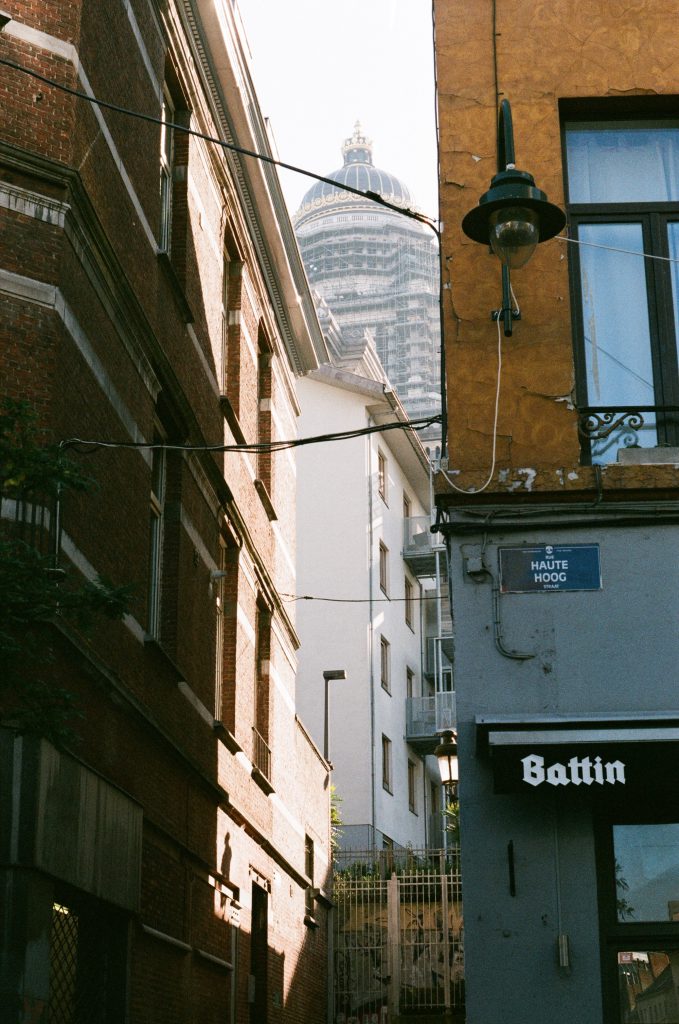
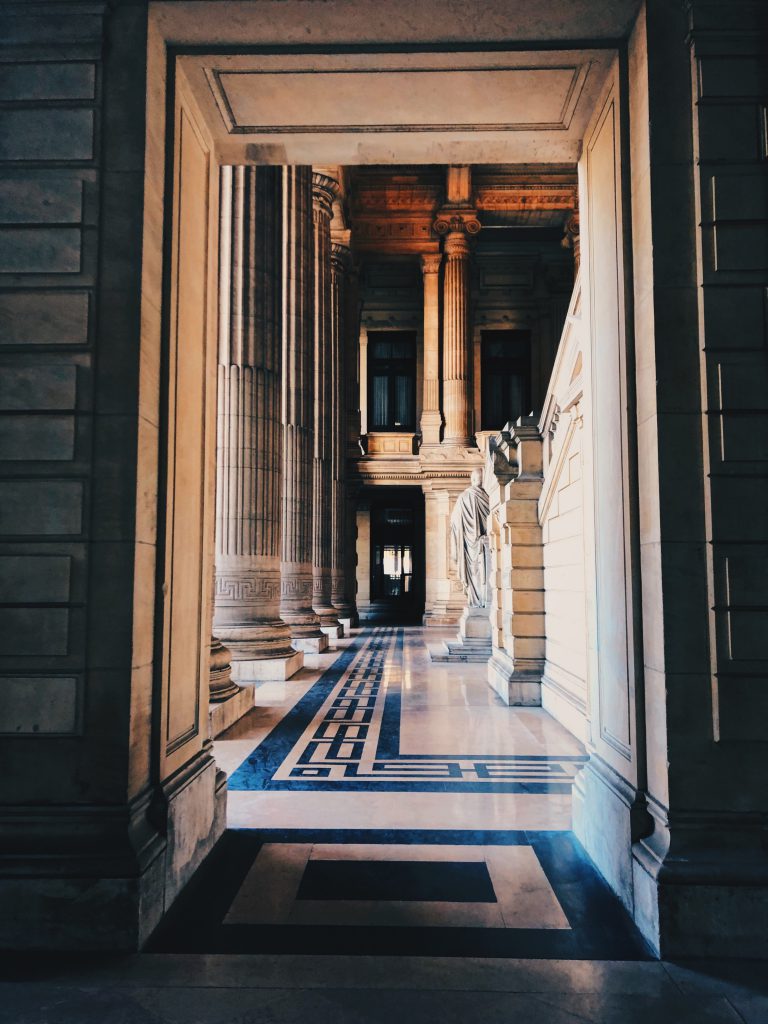
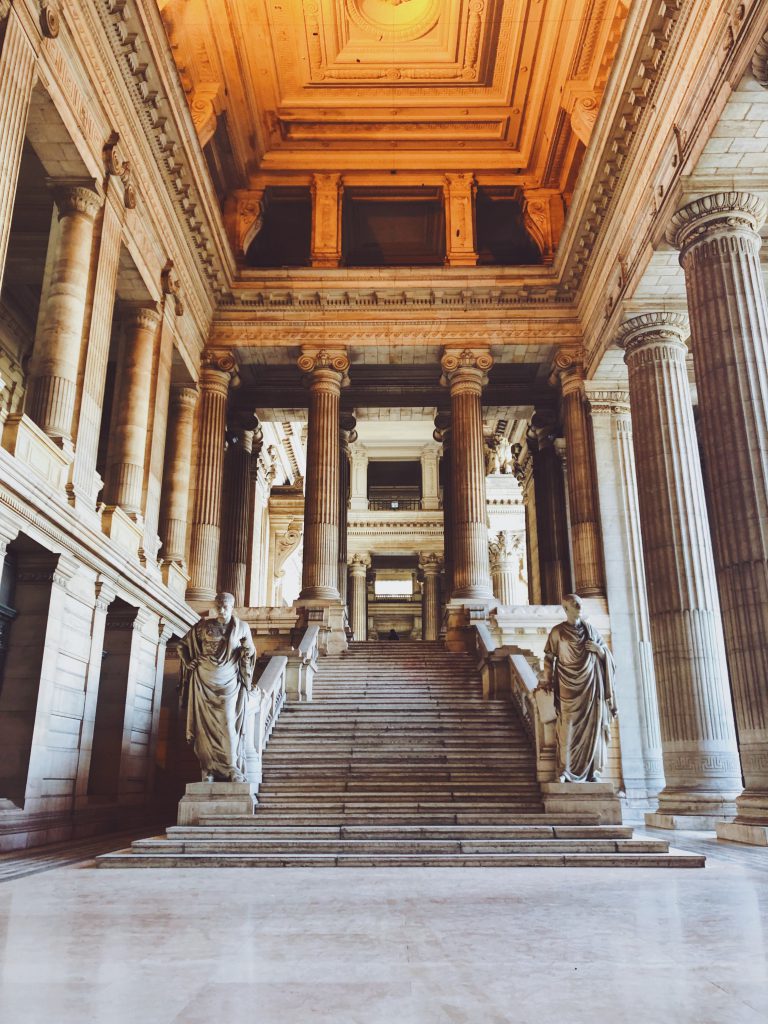
Save for later …



